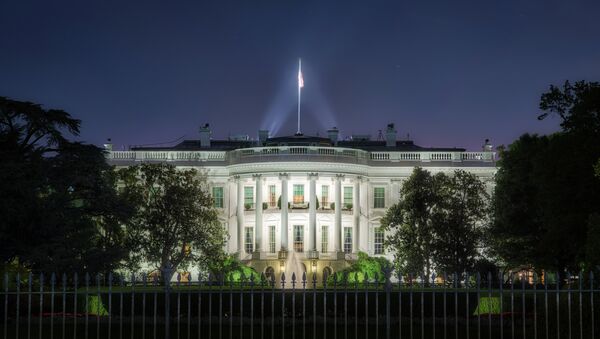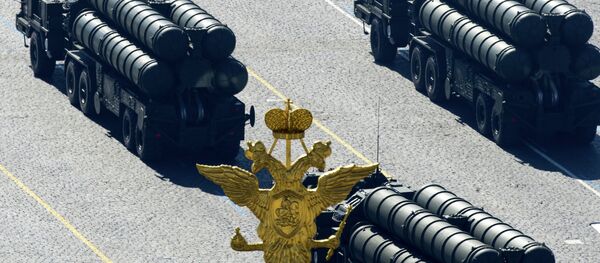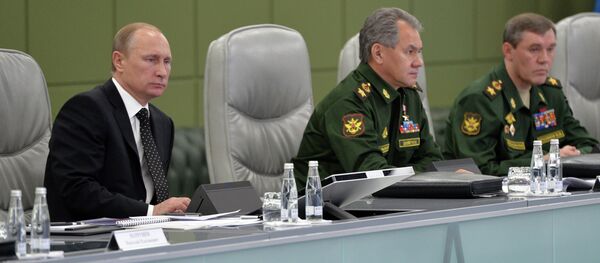"We have seen reports of the new doctrine and are reviewing it," the official said. "We share with Russia a desire to prevent conflict by working together in international fora, and on issues of mutual concern, such as countering violent extremism and the proliferation of weapons of mass destruction."
Russian President Vladimir Putin signed the country's updated version of military doctrine. According to the document, Russia reserves the right to use nuclear weapons in response to the use of nuclear weapons or any other types of weapons of mass destruction against Russia or its allies, as well as in the case of an attack with conventional weaponry that threatens the very existence of the state. Besides, the doctrine highlights NATO's military buildup and the bloc's expansion toward the Russian borders among the main external threats to the national security.
"NATO's enlargement over the years has been a force for stability and cooperation, has been rooted in the sovereign choices of individual nations, and has been aimed at building a Europe whole and free and at peace, united in democratic values," the official stated.
The official noted, however, that Washington believes that a major threat to European and international stability today comes from nations, violating the territorial integrity and sovereignty of their neighbors, "as Russia continues to do in Ukraine."
Other external threats listed in the doctrine include the development and deployment of strategic missile defense systems, the implementation of the 'global strike' doctrine, plans to place weapons in space as well as the deployment of high-precision conventional weapons systems.
The doctrine also says the main internal threats are activities, aimed at destabilizing the situation in the country, terrorist activities to harm sovereignty and territorial integrity of Russia, as well as actions involving anti-Russian and anti-patriotic propaganda.
Following Crimea's reunification with Russia and the escalation of the military conflict in the southeast of Ukraine, relations between Moscow and a number of Western countries, as well as with NATO, deteriorated significantly.
The West has accused Russia of participating in the Ukrainian conflict. Moscow has repeatedly denied the allegations. While the United States and its allies introduced several rounds of sanctions against Moscow, NATO ceased all practical cooperation with Russia, limiting contact to the ambassadorial and higher levels.
The alliance also boosted its military presence in Poland and in the former Soviet Baltic republics of Latvia, Lithuania and Estonia.
Moscow has repeatedly expressed concern over NATO's expansion and says it undermines the security of Europe and the whole world.



